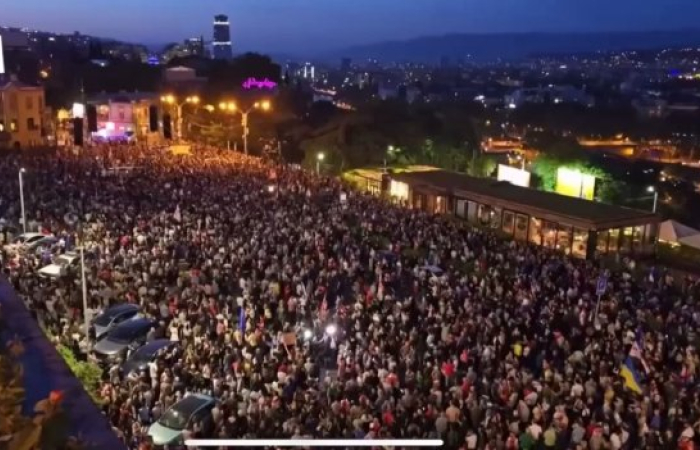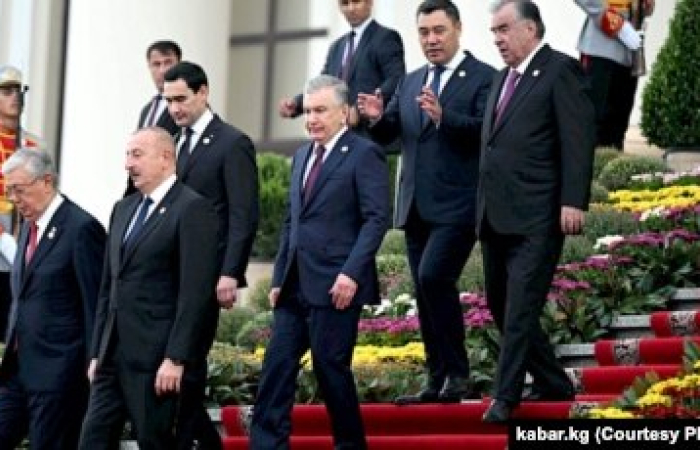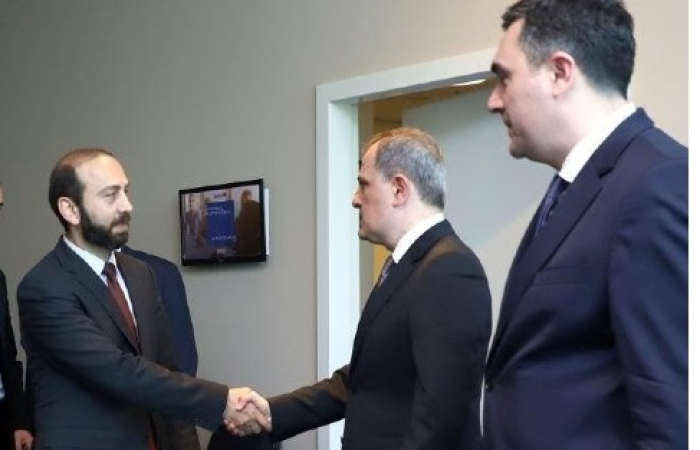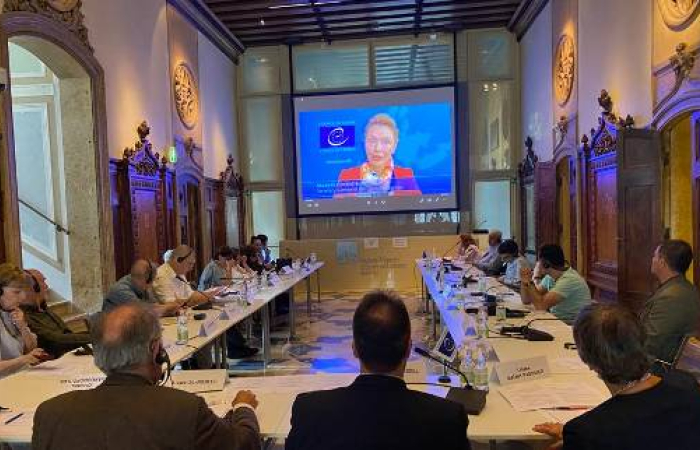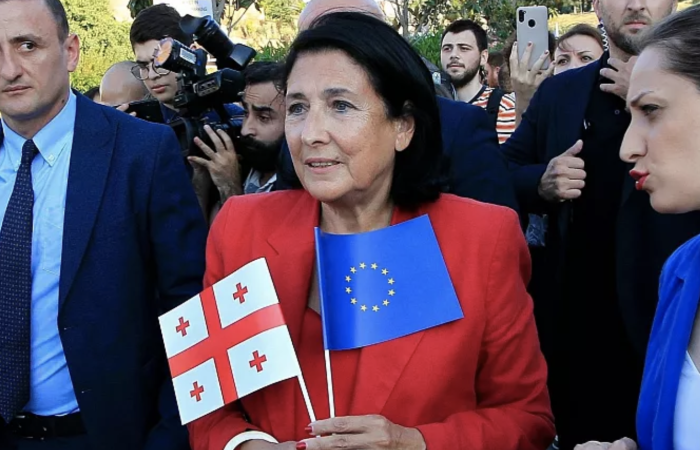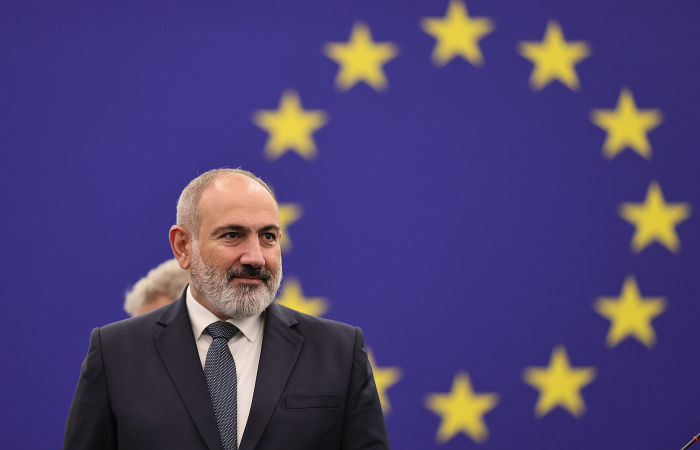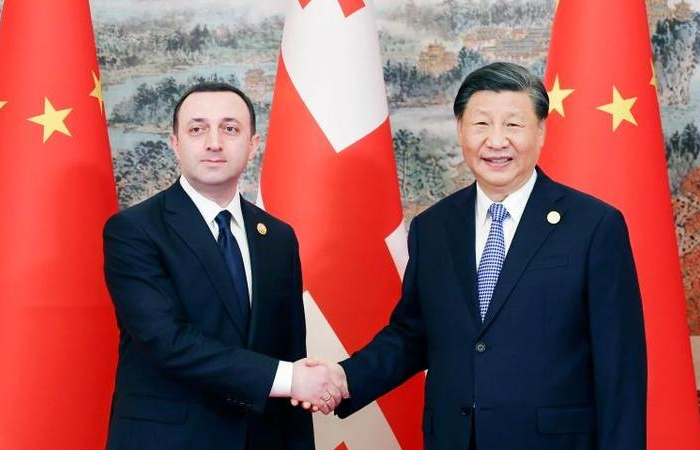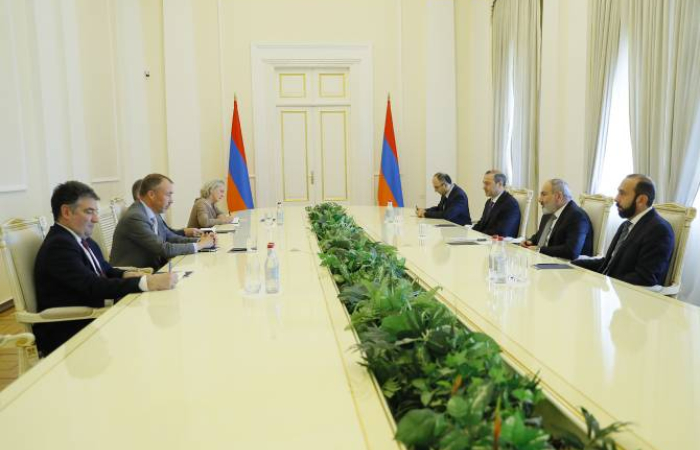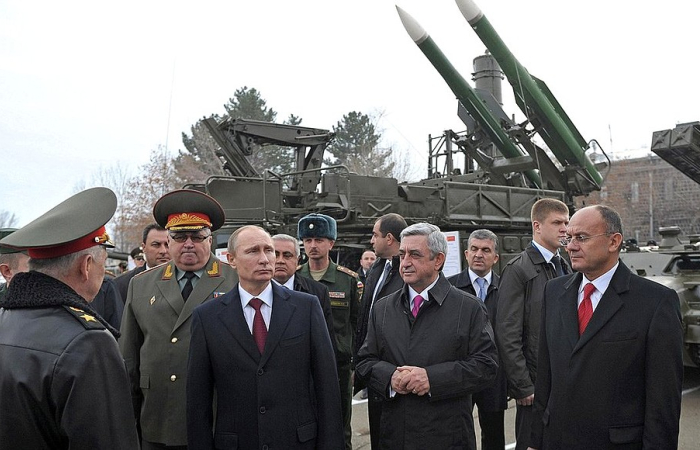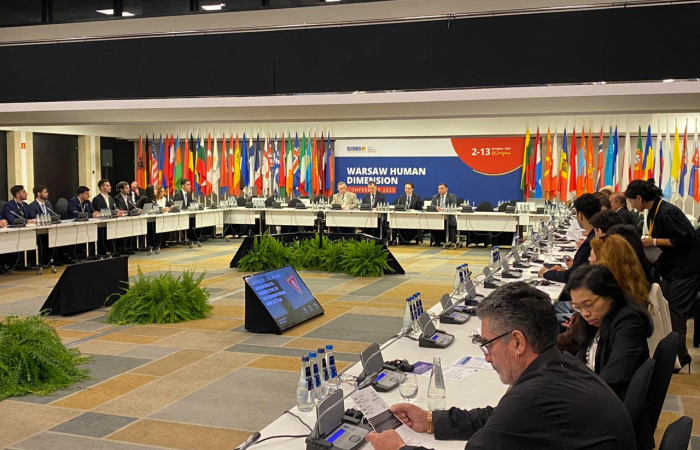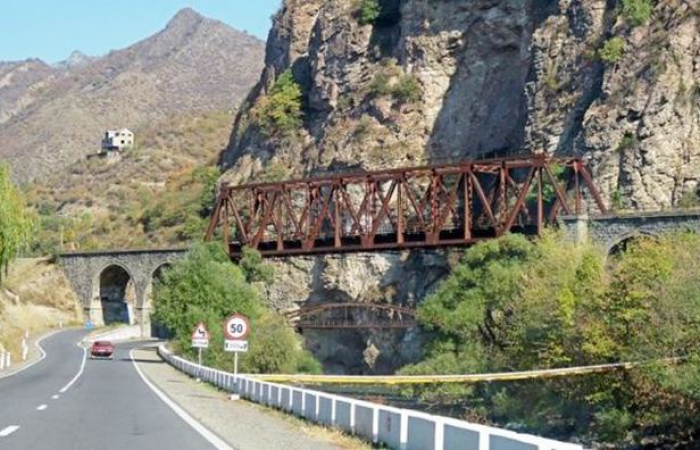Trending
Tens of thousands of people protest in Georgia against "foreign agents" law
29 April 2024
Tens of thousands of people took to the streets of the Georgian capital Tbilisi on Sunday evening, to protest against a proposed law that would brand most of the country's civil society organisations as "foreign agents" for receiving financial support from overseas sources. With the government defiant, the country appears to be heading for one of its most acute political crisis in decades.
The decision of the Georgian Dream government to defy the country’s president, opposition, civil society, and practically the entire international community, by re-introducing a controversial law which will categorise most civil society organisations as “foreign agents” has created a deep rift, with both sides adamant that they will take the issue “to the end”
In the last few days, the streets of Tbilisi have been taken over by continuous mass rallies with the slogan “Yes to Europe, No to Russian Law”. Until last night protestors lacked a critical mass, but this has now changed. The protests are led mainly by youth and student organisations. The largely discredited Georgian opposition appears content to support the protests from behind. So far there have been only a few incidents, but as the number of protestors grows, this can change very quickly. In the mean time the government will today bring out its own supporters on the streets.
The European Parliament last week called for sanctions against Georgian leaders, including the Honorary President and founder of Georgian Dream, Bidzina Ivanishvili. It is unlikely that the European Commission and European Council will do so yet, but this option is now seen not only as a distinct possibility, but as being inevitable if the Georgian government pushes ahead with the controversial law. Events on the ground will determine how fast things will move. Georgia faces difficult parliamentary elections in the autumn, but it seems the current crisis will come to a head before then.



